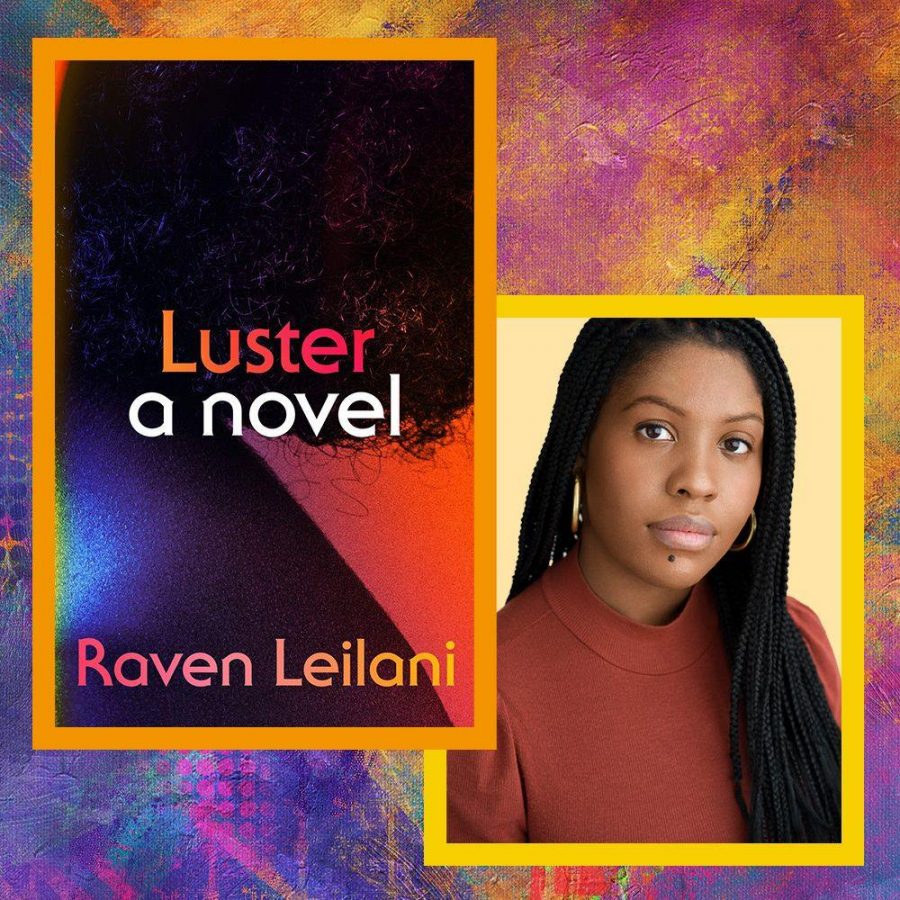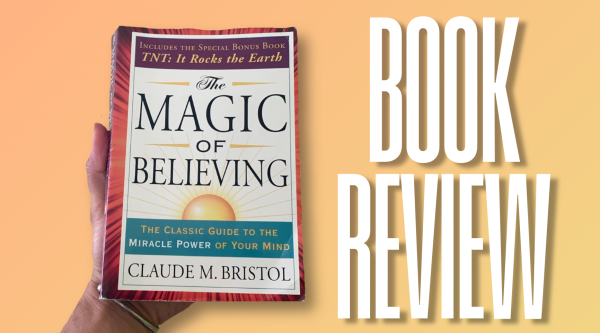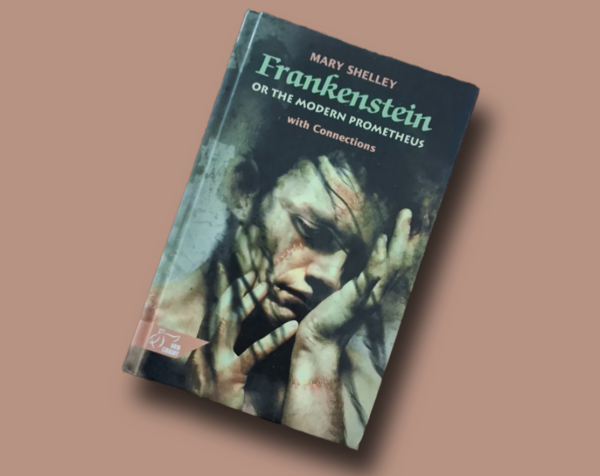Revisiting “Luster,” A Debut Novel That Ruminates in The Mind of Readers
Raven Leilani’s “Luster” is the kind of novel that intensifies over time, making the multifaceted experiences of the novel’s narrator, Edie, with racism and sexism become actualized for readers in the real world. In my initial review of Leilani’s debut novel in October, I failed to understand Leilani’s prose and did not give myself time to digest her writing before reviewing. Now, I want to revise my review and give “Luster” the credit it deserves, as I have revisited it many times since October and with each reread, it struck me as more profound and structurally magnificent than I gave Leilani credit for previously.
When Edie, a young Black woman working an entry-level position at a publishing house, begins to have an affair with her white married boss, Eric, readers are captivated by a nuanced narrative about the dynamics of their relationship. Eric is abusive and violent, characteristics that are explored through his relationships with his wife Rebecca, his Black adopted daughter Akila and Edie.
As readers listen to Edie’s first-person account of her interactions with Eric and his family, she intricately weaves a story that balances the importance of understanding how epigenetics, the human body and sexual trauma manifest in racist structures beyond just Edie and Eric’s relationship. Leilani intentionally makes the reader uncomfortable, and builds a novel that reflects reality from each sentence in important ways.
Eric and Rebecca’s foster daughter, Akila, who is physically absent from most of the narrative, reappears in heavily impactful ways as a representation of Edie. Rebecca’s inability to properly care for and understand her child is another form of an unhealthy relationship. By seeking Edie’s aid in raising Akila, Leilani creates a doubleness that examines Edie and Akila’s experiences in tandem. Rebecca needs Edie’s experience to properly assist Akila; however, Rebecca’s biases push Edie and Akila away, creating complexity that demonstrates the discomfort white people have when working towards allyship with people of color. Instead of admitting wrongdoing and taking ownership, Rebecca uses her husband’s cheating as an excuse to invalidate her daughter—and Edie’s—existence.
This all-too-real refusal to admit wrongdoing is rampant in contemporary society. Leilani reflects this complicity to readers, asking them to examine both the novel’s intricate structure and their own biases. As I reread “Luster,” I began to understand that I failed to understand the depth of the novel in my initial review. After revisiting, I realized that the reason I could not stop thinking about this novel was because of this profound examination of power dynamics.
As America now strives for equity, Leilani emerges by holding a mirror to readers’ experiences, demanding a thoughtful examination of the way her novel reflects their actions. “Luster” shows Leilani’s talent as a writer and social commentator, and has swam through my consciousness and actions for months—sure to remain there much, much longer.













































































































































































































